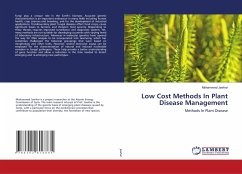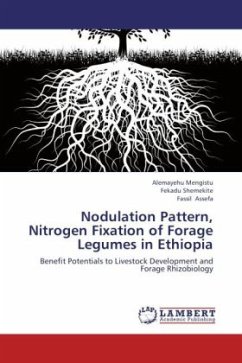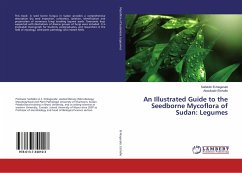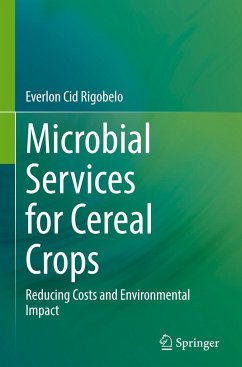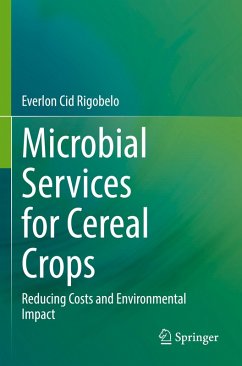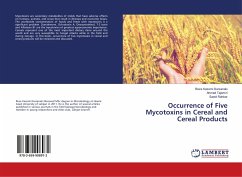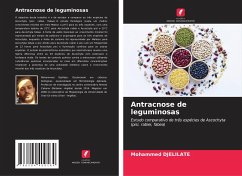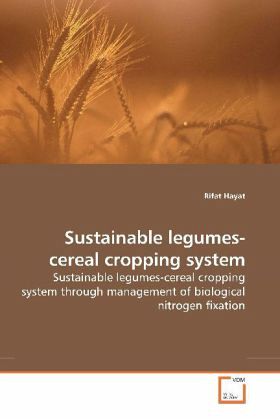
Sustainable legumes-cereal cropping system
Sustainable legumes-cereal cropping system through management of biological nitrogen fixation
Versandkostenfrei!
Versandfertig in 6-10 Tagen
45,99 €
inkl. MwSt.

PAYBACK Punkte
23 °P sammeln!
Biological nitrogen fixation (BNF) is the most important biochemical reaction for life on earth. BNF occurs mainly through symbiotic association of legumes with certain N2-fixing microorganisms that convert elemental nitrogen into ammonia.Phosphorus have a significant positive effect on the growth and biological yield of the legumes. Supply of available N following legumes is usually higher than those following non-legumes. The ability of legumes to fix atmospheric nitrogen, their nodulated roots and plant residues left after harvesting represent a valuable source of organic N. Annual crop leg...
Biological nitrogen fixation (BNF) is the most important biochemical reaction for life on earth. BNF occurs mainly through symbiotic association of legumes with certain N2-fixing microorganisms that convert elemental nitrogen into ammonia.Phosphorus have a significant positive effect on the growth and biological yield of the legumes. Supply of available N following legumes is usually higher than those following non-legumes. The ability of legumes to fix atmospheric nitrogen, their nodulated roots and plant residues left after harvesting represent a valuable source of organic N. Annual crop legumes, grown in rotation with cereal crops, can improve yields of the cereals and contribute to the total N pool in soil. Legume-cereal sequence also enhanced biomass and grain yield as well as WUE of subsequent wheat. However, it is recommended that further long term trials involving legumes-cereal rotation may be conducted on farmer s field to get comprehensive data, improving the understanding and to come up to a more sound conclusion.



